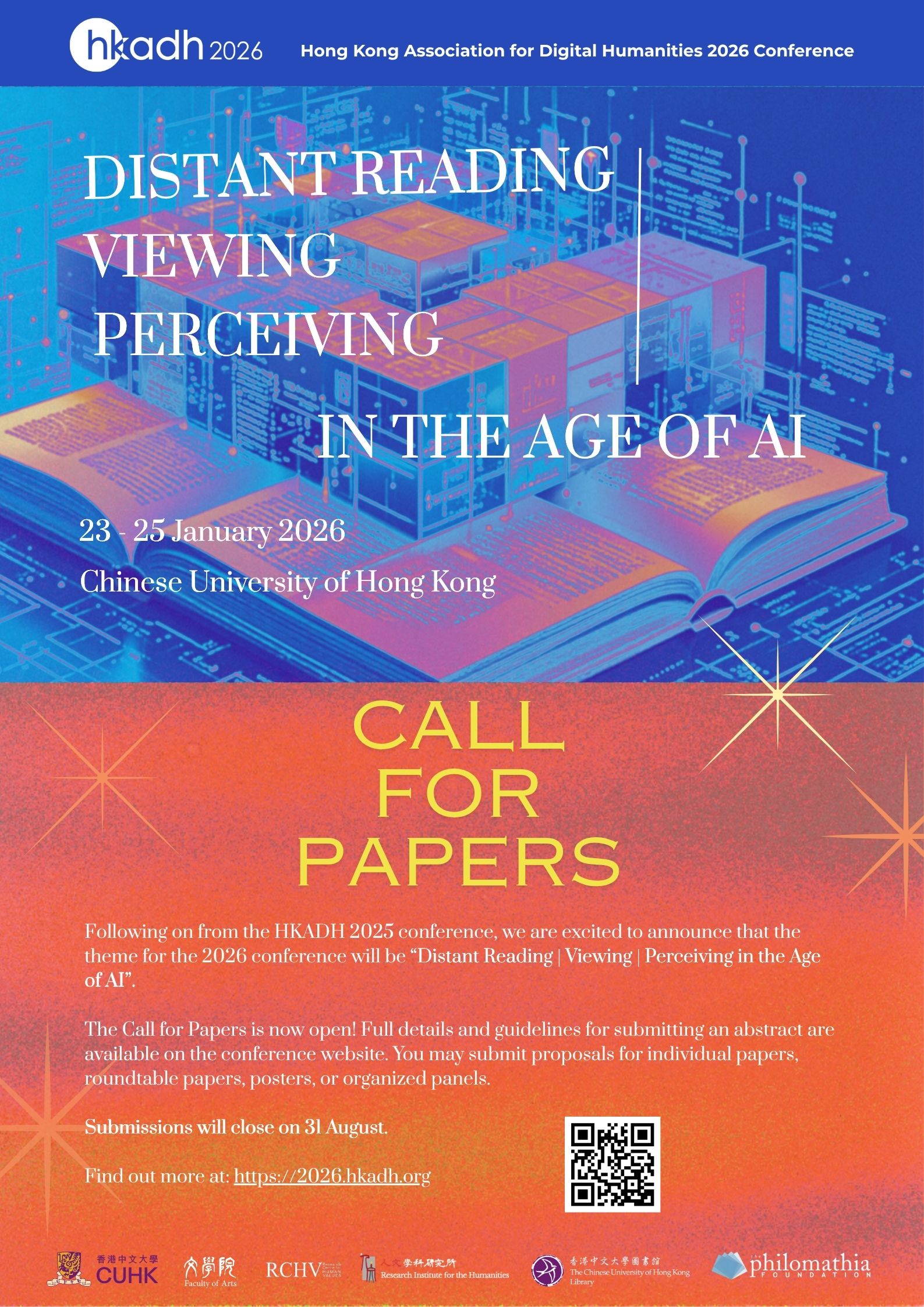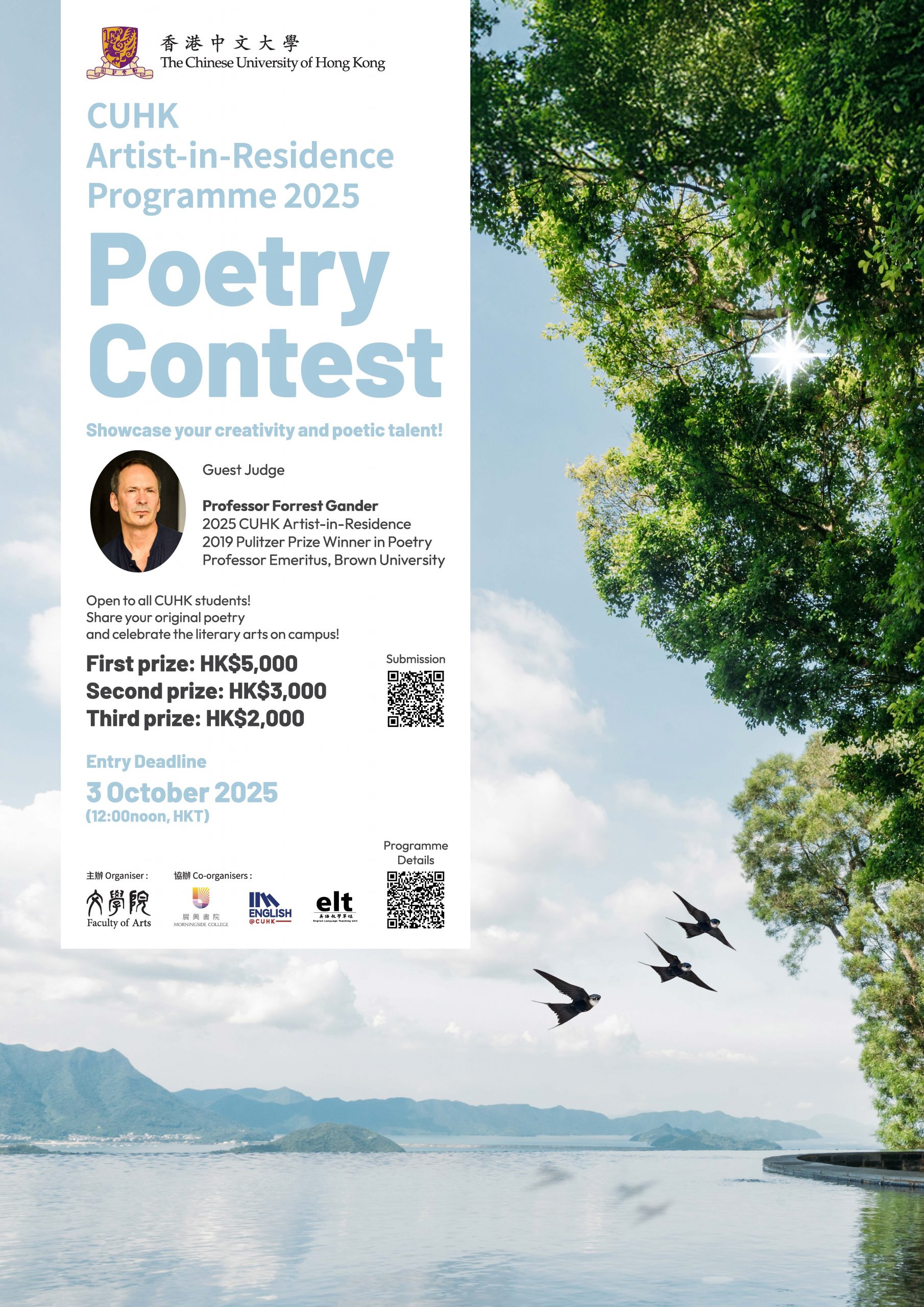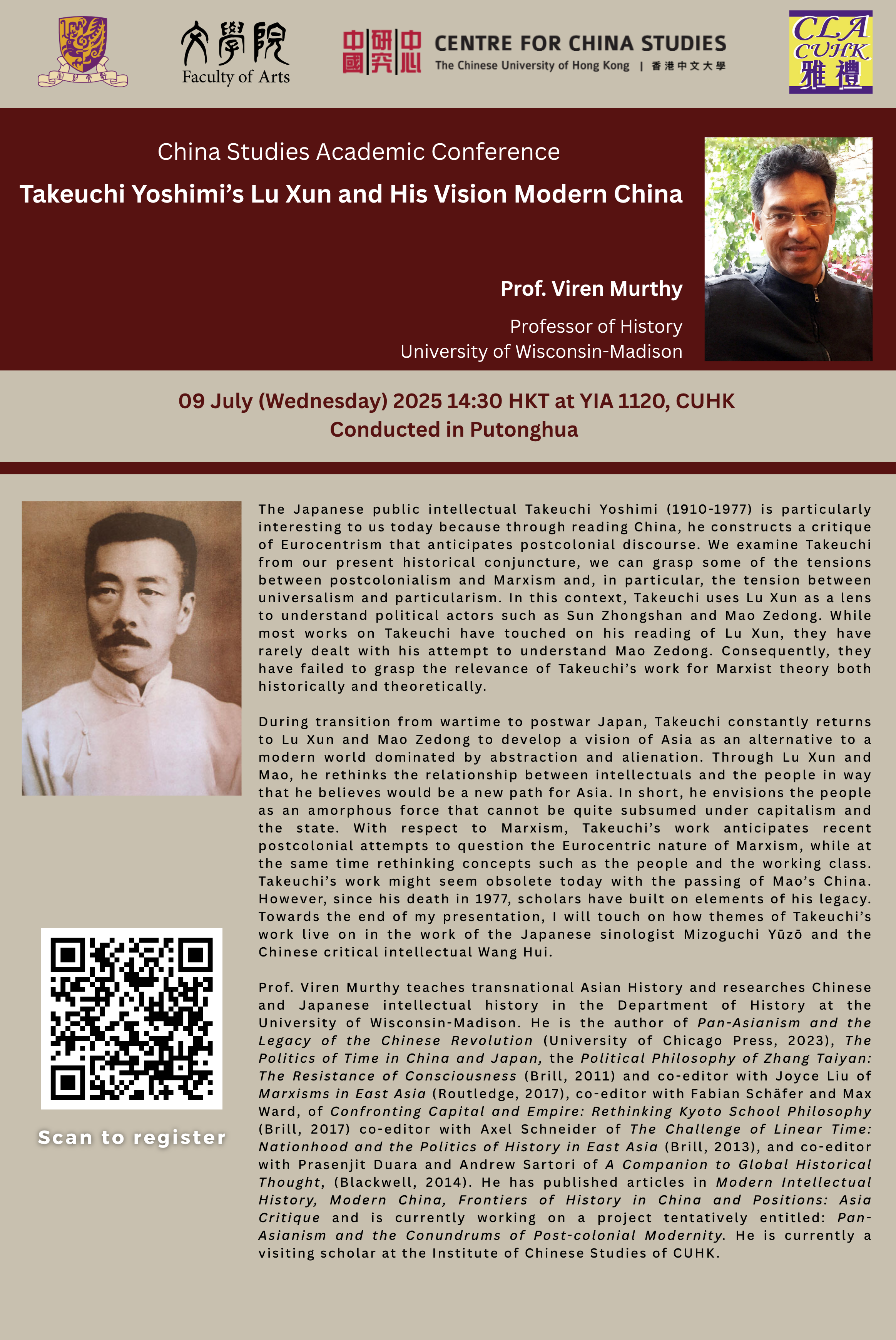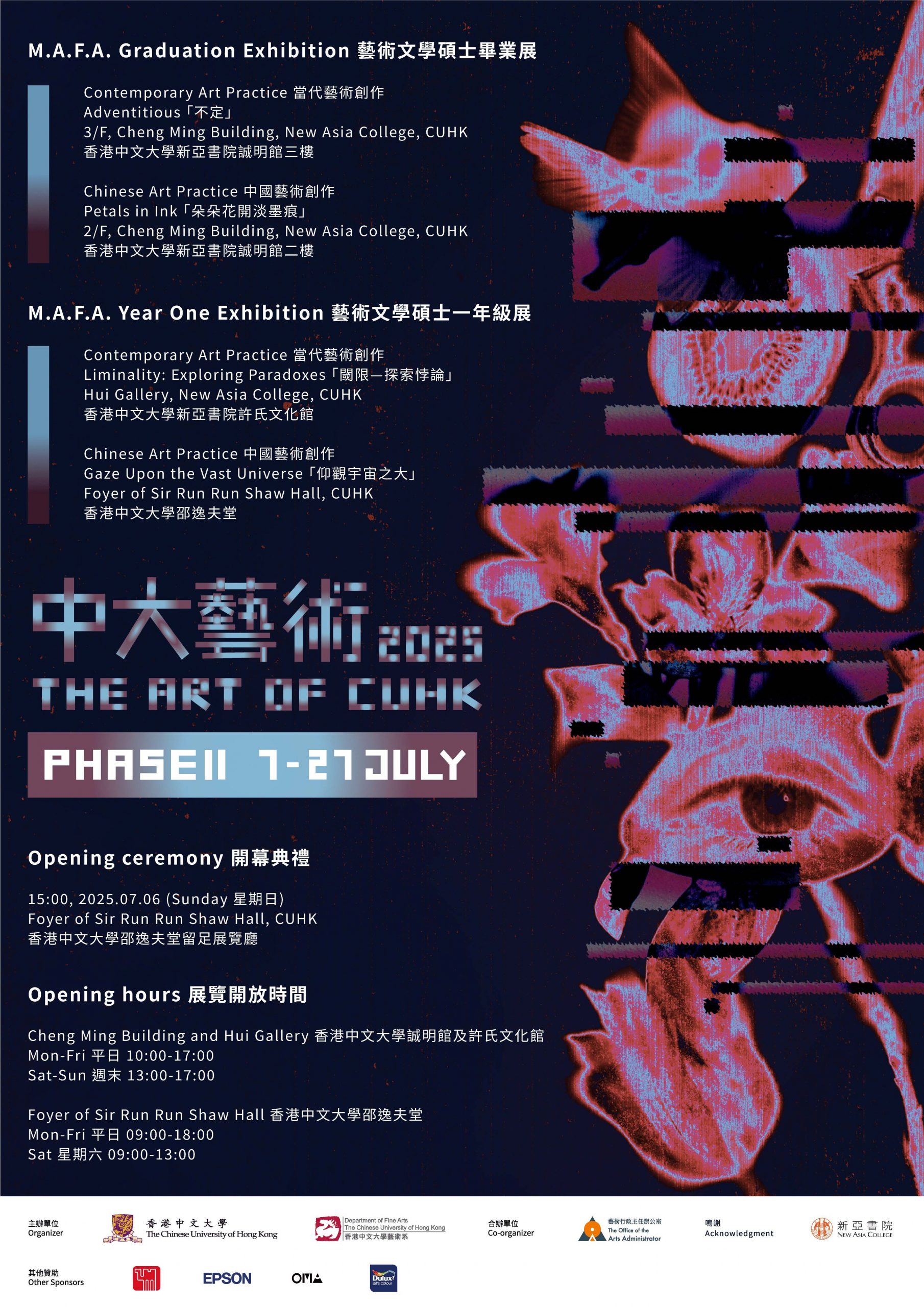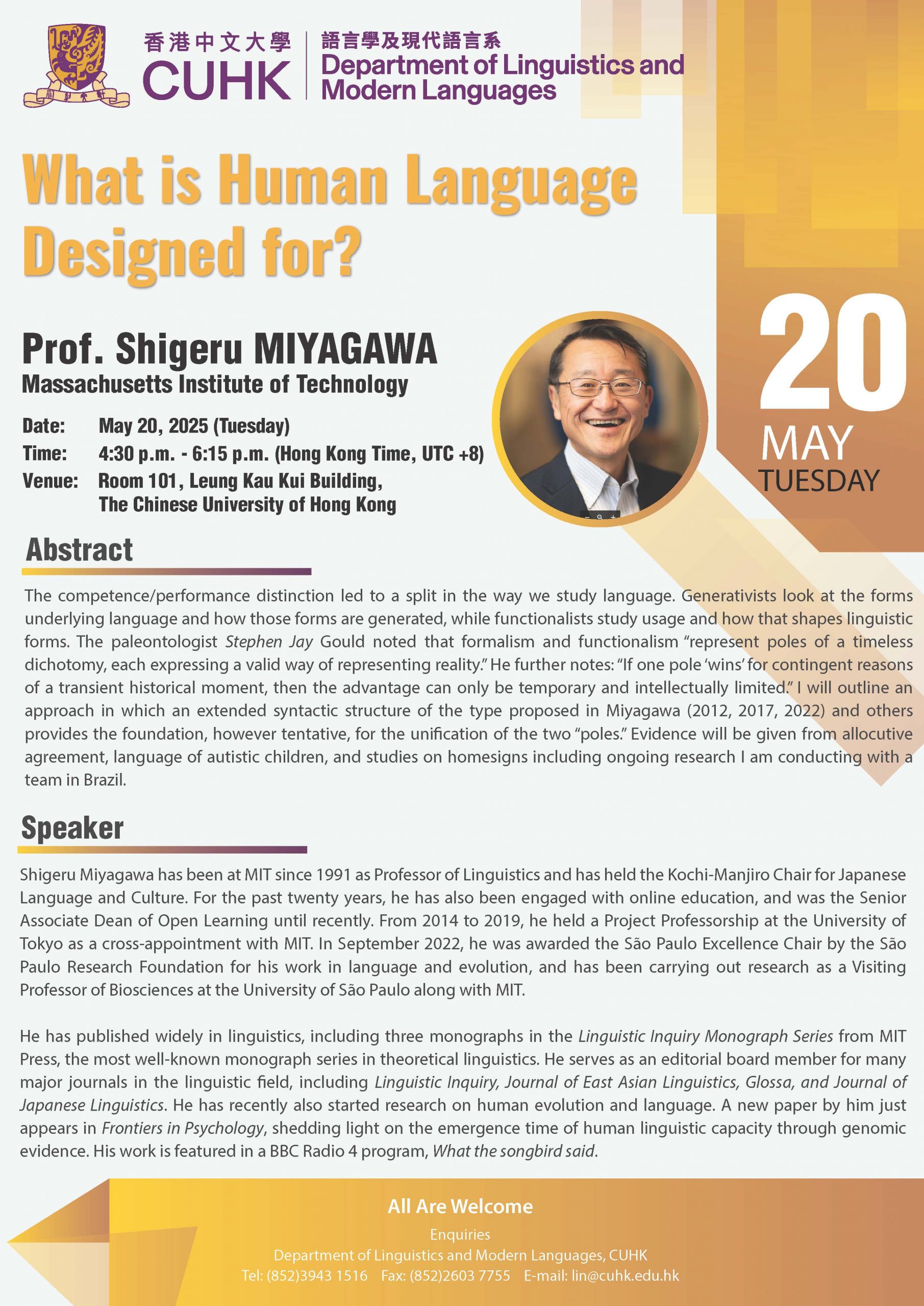
Speaker
Prof. Shigeru MIYAGAWA (MIT)
Professor Shigeru Miyagawa has been at MIT since 1991 as Professor of Linguistics and has held the Kochi-Manjiro Chair for Japanese Language and Culture. For the past twenty years, he has also been engaged with online education, and was the Senior Associate Dean of Open Learning until recently. From 2014 to 2019, he held a Project Professorship at the University of Tokyo as a cross-appointment with MIT. In September 2022, he was awarded the São Paulo Excellence Chair by the São Paulo Research Foundation for his work in language and evolution, and has been carrying out research as Visiting Professor of Biosciences at the University of São Paulo along with MIT.
He has published widely in linguistics, including three monographs in the Linguistic Inquiry Monograph Series from MIT Press, the most well-known monograph series in theoretical linguistics. He serves as an Editorial Board member for many major journals in the linguistic field, including Linguistic Inquiry, Journal of East Asian Linguistics, Glossa, and Journal of Japanese Linguistics. He has recently also started research on human evolution and language. A new paper by him just appears in Frontiers in Psychology, shedding light on the emergence time of human linguistic capacity through genomic evidence. His work is featured in a BBC Radio4 program, What the songbird said.
The competence/performance distinction led to a split in the way we study language. Generativists look at the forms underlying language and how those forms are generated, while functionalists study usage and how that shapes linguistic forms. The paleontologist Stephen Jay Gould noted that formalism and functionalism “represent poles of a timeless dichotomy, each expressing a valid way of representing reality.” He further notes: “If one pole ‘wins’ for contingent reasons of a transient historical moment, then the advantage can only be temporary and intellectually limited.” I will outline an approach in which an extended syntactic structure of the type proposed in Miyagawa (2012, 2017, 2022) and others provides the foundation, however tentative, for the unification of the two “poles.” Evidence will be given from allocutive agreement, language of autistic children, and studies on homesigns including ongoing research I am conducting with a team in Brazil.
Enquires
For inquiry, please contact the General Office at 39433219.

